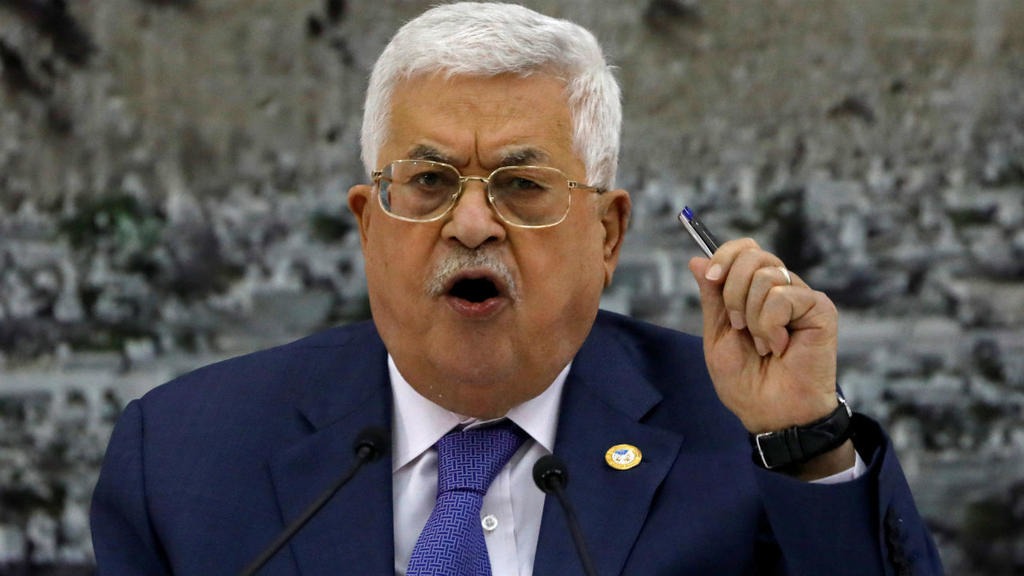Palestinian Authority President Mahmoud Abbas has announced a halt to the implementation of contracts signed with the Zionist regime. One of the leaders of the Fatah movement also emphasized that the Palestinian Authority had taken action to stop the implementation of the agreements signed with the Zionist regime as a result of its non-adherence to the agreements.
In fact, after years of negotiations with the Zionist regime, Mahmoud Abbas is now facing a complete impasse and has failed to achieve his goals through negotiations with the Tel Aviv regime. That is why he has announced that he will abrogate all the Palestinian agreements with Israel – an issue that is currently at the stage of mere talk and it is unclear whether it can be fulfilled given that Saudi Arabia and the UAE recently cut off financial aid to the Palestinian Authority under US pressure and for the sake of establishing relations with the Israeli regime. This left Mahmoud Abbas in a state of extreme isolation and unable to respond properly to the demands of the Palestinian people.
During these years, Mahmoud Abbas has been trying to get the US and Arab countries enter into direct negotiations with the PA. In fact, Mahmoud Abbas used the leverage of the jihadist movements to get the US and Arab states into the process of negotiating with the PA. He also used pressure on the US and Europe to pretend that all other political levers were ineffective and that PA was left with one option only, namely cooperation with the jihadist movements.
His next goal is to force the Zionist regime to give concessions to the PA and stop building settlements in East Bait al-Moqaddas (Jerusalem).
Current regional situation and given the efforts by the Persian Gulf states to establish relations with the Zionist regime have led the PA to lose its regional and international backing. So the only thing left for Mahmoud Abbas to do is align with the Resistance movements. As a result, Abu Mazen announced in a tactical move that he would suspend security and political agreements with the Zionist regime. Mahmoud Abbas’s goal seems to be to put pressure on the Arab and European countries to pretend that they are moving toward a serious fight with the Zionist regime.
Palestinian jihadist movements, however, are skeptical of this anti-Zionist regime move by Mahmoud Abbas, calling it a step-by-step and tactical move. It can also be said that the move is somewhat a showoff while Hamas and Islamic Jihad are waiting for the PA to cancel all treaties with the Israeli regime.
On the other hand, the Zionist regime is seeking a long and purposeful negotiation with the PA. In fact, Israel’s goal is to hold negotiations with the PA and prolong the talks without giving any concessions to Mahmoud Abbas. Thus, Prime Minister Benjamin Netanyahu wants to negotiate with the PA on the one hand and on the other hand, to expand Jewish settlements in the West Bank. Despite all that was said, it seems that Israel does not consider Mahmoud Abbas’s action in halting cooperation with the regime important and regards it ceremonial.
But if the decision of Mahmoud Abbas is operationalized pressure on the PA from the US, Arab and Israeli authorities will intensify, and Abu Mazen will be besieged by Israeli forces in Ramallah. It is even expected that he may suffer the same fate as Yasser Arafat.
In such a situation, if Hamas, the Fatah movement and the Islamic Jihad form a powerful front against the Zionist regime, they can put Israel under pressure within an organized struggle.










0 Comments